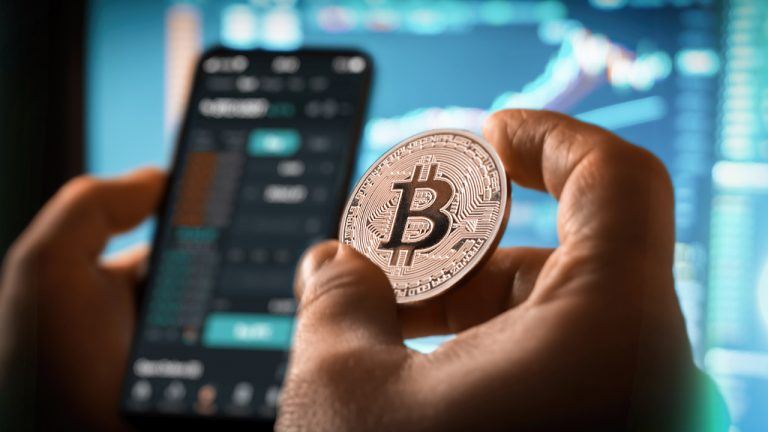ARTICLE AD BOX
Philcoin (PHIL), a popular Web3 platform focused on social change and charity initiatives, leverages unique blockchain technology features to support vulnerable communities across the globe.
Philcoin (PHIL) makes charity in Web3 epoch more transparent than ever before
Introduced in March 2021, Philcoin (PHIL) is attempting to address issues in the segments of charity and philanthropy with relevant blockchain-based instruments.
 Image by PHILCoin
Image by PHILCoinFirst and foremost, the platform is aimed at creating a global network of philanthropists who can donate directly to causes. The platform's PHILApp not only facilitates these donations but rewards users for their participation.
Philcoin (PHIL) makes sure that giving is at the core of its ecosystem by requiring users to donate half of their tokens. Philcoin’s (PHIL) success is part of a growing trend of blockchain platforms enabling better transparency and accountability in giving.
Not unlike mainstream protocols like Alice and Giveth, Philcoin (PHIL) leverages smart contracts, which can be programmed to release donations when specific milestones are met. This guarantees that donations are used efficiently, especially in time-sensitive situations like disaster relief.
By implementing such safeguards, blockchain platforms can reduce concerns over trust and build confidence in their systems.
Exploring the potential of decentralized systems for social change
Philcoin (PHIL) is also offering blockchain-based tooling as a unique way of solving the problems the most vulnerable groups in the world face right now.
Philcoin addresses this with its PHILMesh technology, which enables peer-to-peer communication, allowing users to access Web3 services in low-bandwidth environments, especially in rural or underdeveloped regions. This opens the door for people in rural or developing areas to participate in philanthropy and benefit from educational resources, social networks and e-commerce.
Also, Philcoin (PHIL) contributors are focused on using RWA tokenization in charity. Tokenization is another emerging trend that could allow donors to contribute in non-monetary ways, such as digital tokens representing food, water or medical supplies.
These tokens could be tracked and distributed transparently, providing a reliable method of aid delivery in regions affected by political instability, such as Latin America and the Middle East. As the technology evolves, more philanthropic organizations are likely to adopt blockchain to improve the transparency, efficiency and inclusivity of their operations.
 (1).png) 1 month ago
32691
1 month ago
32691










 English (US) ·
English (US) ·